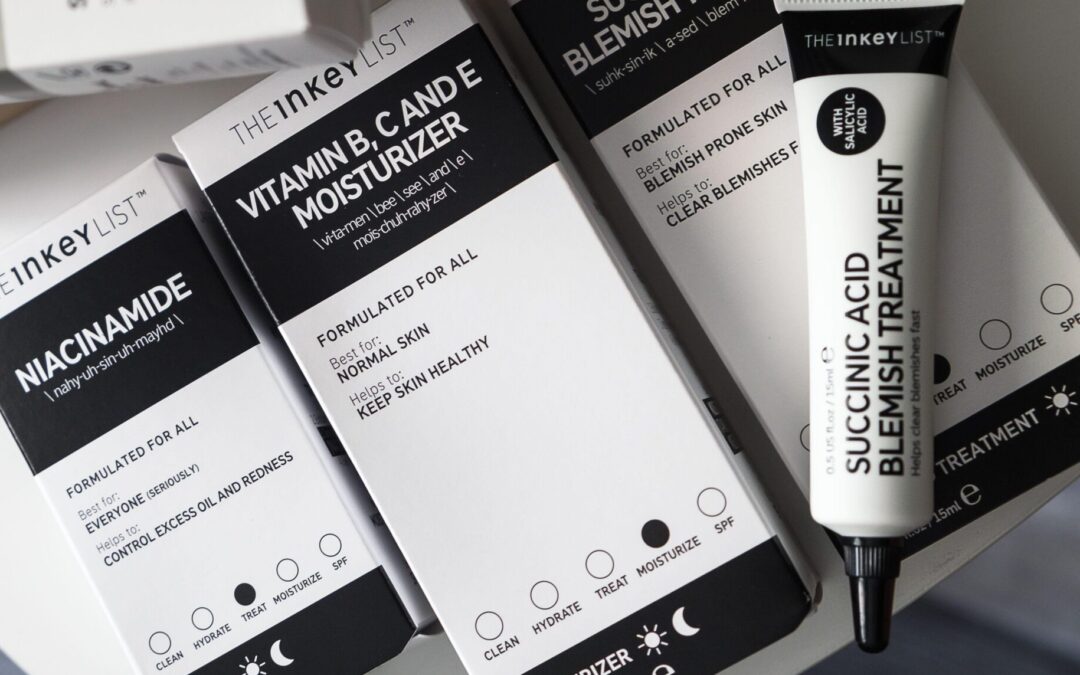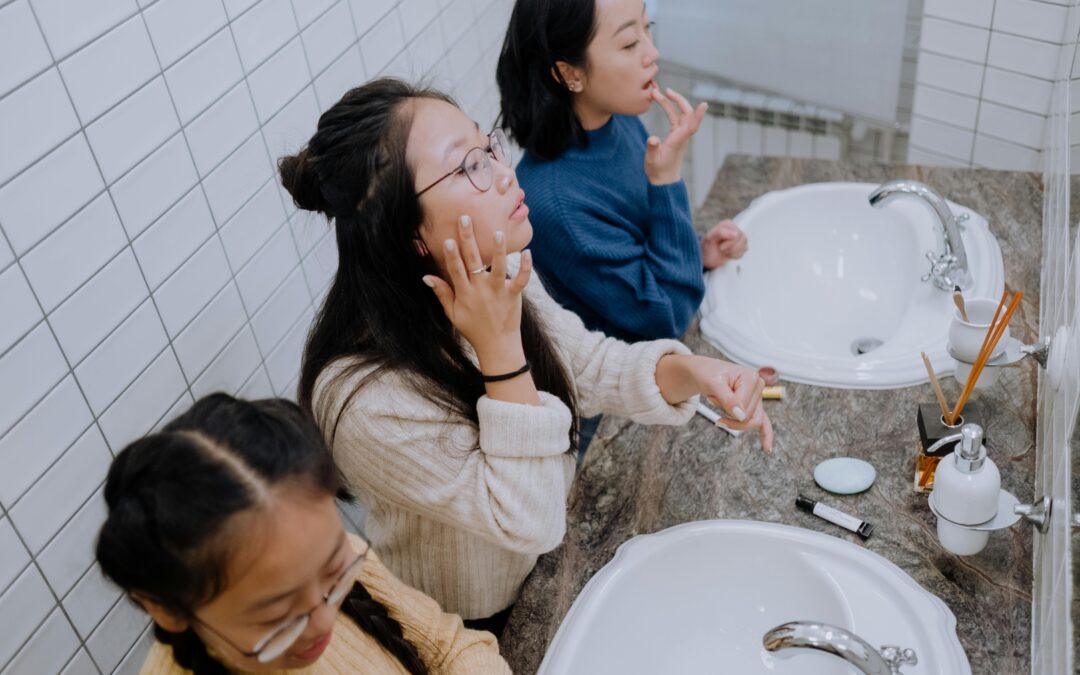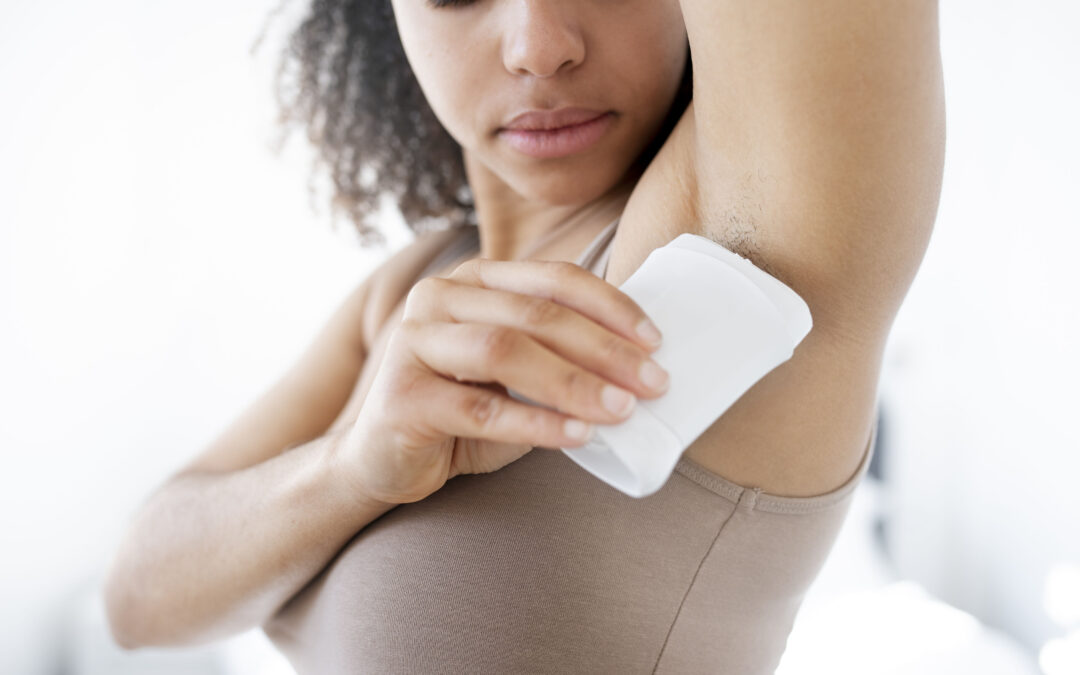Dr Faisal Ali, a multi award winning Professor of Dermatology, who has featured on national TV, answers your questions about isotretinoin.
Q) I’ve been struggling with acne for years, no treatments have worked for me, why would isotretinoin be any different?
“The reason isotretinoin is so powerful for clearing acne is that it works on all four of the main causes of acne, whereas most other treatments only target one or two. It reduces the presence of cutibacterium acnes, which is a bacteria on the skin which is thought to contribute to acne. It reduces production of sebum, which is like oil on the skin. It reduces inflammation and it also exfoliates the skin.
“Of the patients that I see for isotretinoin, generally over 90% are entirely clear with the treatment. It’s highly, highly effective.”
Q) Okay, but I’ve heard the reason it’s not just given to anyone with acne from the outset is because of its long list of serious potential side effects?
“Yes. It can potentially affect the liver and your cholesterol level, so you have to have blood tests before you start and during treatment to check for any changes.
“For women, if they become pregnant whilst they’re on the tablet, or for 6 weeks after their course of treatment, any baby born would have deformity. Women absolutely must not become pregnant while they are on the tablets or immediately after taking the tablets. They need to be on two forms of contraception throughout treatment and attend for a pregnancy test every month whilst they’re on it.
“The other thing which is more contentious is there are reports of people who have become low in mood, had other psychological symptoms or had sexual dysfunction whilst on the tablets. There have also been some rare reports of people who have taken their own life on isotretinoin.
“We’re not sure if there’s a relationship between these people, who are often teenagers, who have labile moods anyway. Is it just that they’re teenagers with acne, causing them to have low self esteem, which might explain some of those symptoms. Or the fact that they’re teenagers with acne who happen to be taking isotretinoin.
“So, we don’t fully understand that link, but it’s something we have to warn people about.
“You have to sign an acknowledgement of risk form, to formally document that those risks have been discussed with the patient and they need to have a psychological mood assessment every visit. So, before starting, after one month and then every two to three months after that as well.”
Q) Any kind of increased risk of suicide or depression is obviously a very concerning thing to see on a list of side effects, how do you view that risk?
“The families of teenagers who have taken their own life on the tablets are quite rightly distraught and don’t want it to happen to anyone else. They made the case to the MHRA, which regulates medications in the UK, that you need to look at how this drug is regulated and how it’s prescribed. That’s the basis upon which they convened committees and have since changed the regulations surrounding it to be a lot tighter and strictly controlled.
“It’s important that patients let their friends and family know they’re on the tablets, so if there are any changes in mood, they can let the patient or doctor know that there’s an issue so it can be addressed.
READ MORE: Dealing with acne in your 20s in the social media age
“I will say from my own experience that I’ve seen far more patients whose mental health has improved having been on roaccutane and seeing their acne clear, than I have patients whose mental health has seemingly been harmed by them being on it.
“I can think of less than a handful where I’ve had to stop the medication because their mental health may have gone down after taking it. Of those cases, often there were other factors as well that may have been contributing to the low mood at that point in time.
“People can also stop taking it because liver or cholesterol levels are affected, a few people say they feel funny on it, not necessarily low or suicidal, but they were having hallucinations or nightmares, so stop taking it.”
Q) Would it be possible to take a lower dose if I’m afraid of the potential side effects?
“It’s dependent on your body weight and your total cumulative dose, so over the whole course of treatment you need to have taken the right amount overall for your body weight. The way you can do that is you can either take a lower dose for say 10 months, but often what people will do is they’ll start off that way and then after a month, if the patient is okay with the tablets, we can double the dose per day so they get through the tablets in say five months instead of 10.
“The higher the dose the more likely you are to get side effects, so I would give patients the choice either way.”
Q) I’ve seen extreme cases of ‘purging’ from isotretinoin on TikTok, what is that?
“One of the risks when you start isotretinoin is we expect the acne to get worse before it gets better, which is what people describe as purging. So, when patients see me in clinic I try to give them tablets to counteract that, so things like antihistamine tablets.
“I’d like to think most of my patients don’t suffer from purging. I know practice varies between doctors and this is why in my view, it’s important that roaccutane is given by people who are used to giving it.
“If you give someone a whacking dose of it they’ll purge straight away and be at risk of side effects, but if it’s managed appropriately, patients won’t necessarily purge and if you can avoid the purging why not.
“So, whilst it does happen and I have to warn people that it may happen, there are measures you can take to reduce it.”
Q) What’s the difference between being prescribed isotretinoin privately rather than through the NHS?
“I think the sad thing with the NHS the way it is now, is you’re often waiting 18 months or more for a routine dermatology appointment and that includes acne, however severe it is, because it’s not life threatening. It’s not perceived as a priority, even though it is hugely life impacting and it can be debilitating and devastating for patients who do have it.
“So, the difference is that privately you are seen more quickly. In terms of actually when you are on the tablet, I think actually it’s a very similar process.
“There may be a few other options available privately, but many of them are available in the NHS and by that what I mean is, before you start roaccutane, whether it’s NHS or privately, very few dermatologists would offer isotretinoin as a first line treatment.
“There are a few exceptional cases where you might, but most of the time you’ll have tried topical retinoids and oral antibiotics in various combinations, maybe benzol peroxide, as well as non-comedogenic cleansers and moisturisers before considering isotretinoin.”
Q) What other alternatives are there to isotretinoin if you’ve already explored the less extreme options but don’t want to, or can’t take isotretinoin?
“So, for women, there’s a tablet called spironolactone, which works incredibly well for acne. It has a few different side effects, but nothing like the side effects isotretinoin does. So, if it’s someone with severe acne who is female, I’d offer that option, whether it’s privately or the NHS. It’s something I’d encourage patients, especially women to ask about.
“The reason why females rather than males is that it blocks the testosterone receptor, so for men, if they take the tablets, they can sometimes get enlargement of the breast tissue, so we tend not to give it to men, but for women it works incredibly well.
“The combined oral contraceptive pill can also work well for the purpose of clearing up acne itself for women.”
Q) What about laser treatment instead of isotretinoin?
“To be honest, it does work, but not as well as isotretinoin does. The thing I’d say about it is often people come and say can you sort out my acne scarring and what they actually have is active acne, with bright red spots. Whilst you’ve still got active acne, it’s creating more scars. So, the priority with acne scarring is making sure there is zero acne there first.
“Topical retinoids, as well as oral isotretinoin, can actually resolve some of those scars anyway. Laser treatments for acne are very limited in the NHS, whereas privately they’re possible.
“If any of your readers were thinking of getting laser treatment for acne, I would say just make sure you’re being treated by the right person. With laser treatment in the private sector, it’s important to make sure it’s offered as an appropriate first line treatment and that you’ve been offered the full range of options. It’s rarely the only choice, yet people can spend thousands and thousands of pounds on it.”




